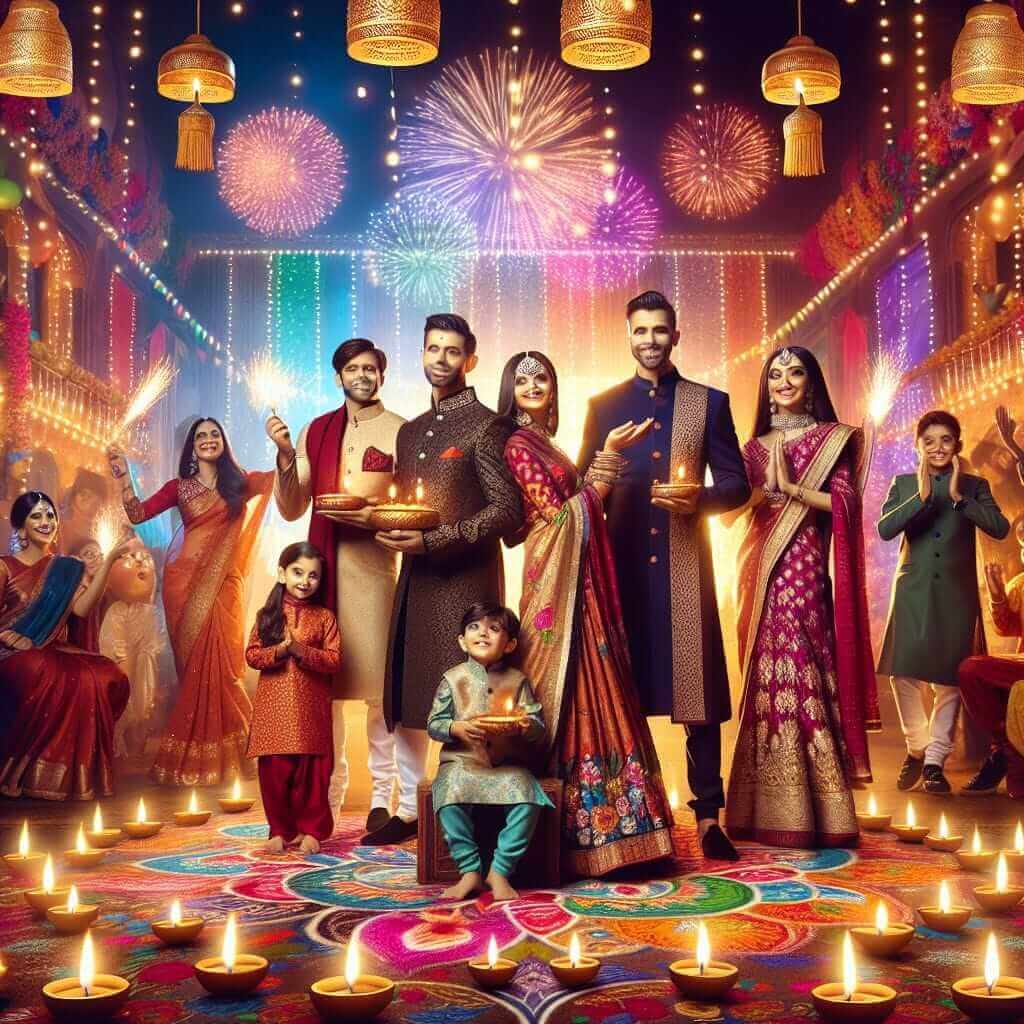The IELTS Speaking test is one of the most critical components of the IELTS exam, requiring candidates to communicate effectively and showcase their proficiency in English. As an IELTS examiner, I have noted the recurring theme of cultural events in the test. This article will provide you with sample answers, cues, and valuable tips to handle the topic “Describe a time when you attended a cultural event.”
Table of Contents
- Introduction to IELTS Speaking Test
- Part 1: Introduction and Interview Questions
- Part 2: Long Turn – Cue Card and Sample Answer
- Part 3: Two-way Discussion
- Important Vocabulary and Structures
- Examiner’s Tips for High Scores
Introduction to IELTS Speaking Test
The Speaking section of the IELTS exam is designed to assess various aspects of your spoken English, including fluency, coherence, grammatical range, accuracy, pronunciation, and vocabulary. Understanding what examiners look for can help you target your preparations effectively.
Cultural events are common topics in the exam because they reveal your ability to describe experiences and narrate events.
The following sections will provide you with examples and detailed breakdowns for each part of the Speaking test.
Part 1: Introduction and Interview Questions
In Part 1, the examiner asks general questions to ease you into the test. Here are some related questions and a sample answer:
Common Questions
- Do you enjoy attending cultural events?
- What was the last cultural event you attended?
- Why are cultural events significant in your country?
Sample Answer
Question: What was the last cultural event you attended?
Answer: “The last cultural event I attended was a traditional Vietnamese Tet Festival. It was a vibrant and colorful affair, celebrated with a lot of enthusiasm and fervor. People wore traditional costumes, played folk games, and participated in various cultural performances. The splendid dragon dance and fireworks display were particularly memorable.”
Part 2: Long Turn – Cue Card and Sample Answer
Cue Card
Talk about a time when you attended a cultural event. You should say:
- What the event was
- Where it was held
- Who you attended it with
- And explain why it was meaningful to you
Sample Answer
“One notable cultural event I attended was the ‘Diwali’ festival in India. It was celebrated at a local community center in New Delhi. I attended the event with my family and close friends. The atmosphere was electrifying as the venue was adorned with countless lights and decorations. There were various cultural programs including traditional dance performances, music, and a spectacular fireworks display. This event was meaningful to me because it provided an opportunity to connect with my heritage and enjoy time with loved ones. The sumptuous cuisine and the sense of community were truly remarkable. Attending the Diwali festival helped me appreciate the rich cultural tapestry of India and understand the intricate customs associated with this festival.”

Part 3: Two-way Discussion
Examiner’s Questions
- How important are cultural events in maintaining cultural heritage?
- Are cultural celebrations just as significant in urban areas as they are in rural areas?
- Can attending cultural events broaden people’s horizons? How?
Sample Answers
Question: Can attending cultural events broaden people’s horizons? How?
Answer: “Absolutely, attending cultural events can significantly broaden an individual’s horizons. It exposes them to diverse traditions, practices, and perspectives, fostering a greater understanding and appreciation of different cultures. For instance, participating in a traditional Japanese tea ceremony or witnessing a Mexican Día de los Muertos celebration can offer profound insights into the values and rituals that shape these communities. These experiences promote cultural empathy and can lead to more harmonious interpersonal and intercultural relationships.”
Important Vocabulary and Structures
Here are some useful vocabulary and structures to help you achieve a higher score:
-
Vibrant (adj.): Full of energy and life.
- “The festival was a vibrant celebration of our cultural heritage.”
-
Fervor (n.): Intense and passionate feeling.
- “The event was celebrated with great fervor.”
-
Sumptuous (adj.): Splendid and expensive-looking.
- “We enjoyed a sumptuous feast.”
-
Rich cultural tapestry (phr.): A variety of cultural elements.
- “The festival showcased a rich cultural tapestry.”
-
Intricate (adj.): Very complicated or detailed.
- “The intricate customs were fascinating.”
Example: “The vibrant Tet Festival was celebrated with fervor and showcased a rich cultural tapestry of traditional dance and music, creating a memorable event.”
Examiner’s Tips for High Scores
- Practice Fluency: Regularly practice speaking on various topics. Use a mirror or record yourself to improve coherence and fluency.
- Expand Your Vocabulary: Enhance your lexical resource by learning and using new words and phrases. Use synonyms to avoid repetition.
- Stay Relevant: Ensure your answers are pertinent to the question. Avoid deviating from the topic.
- Use Natural Pronunciation: Focus on clear pronunciation. Listen to native speakers and mimic their pronunciation and intonation patterns.
- Engage in Two-way Discussions: Practice discussing abstract ideas and giving your opinion. Use examples to support your arguments.
By following these strategies and utilizing the sample answers and vocabulary provided, you will be better equipped to achieve a higher score in the IELTS Speaking test.